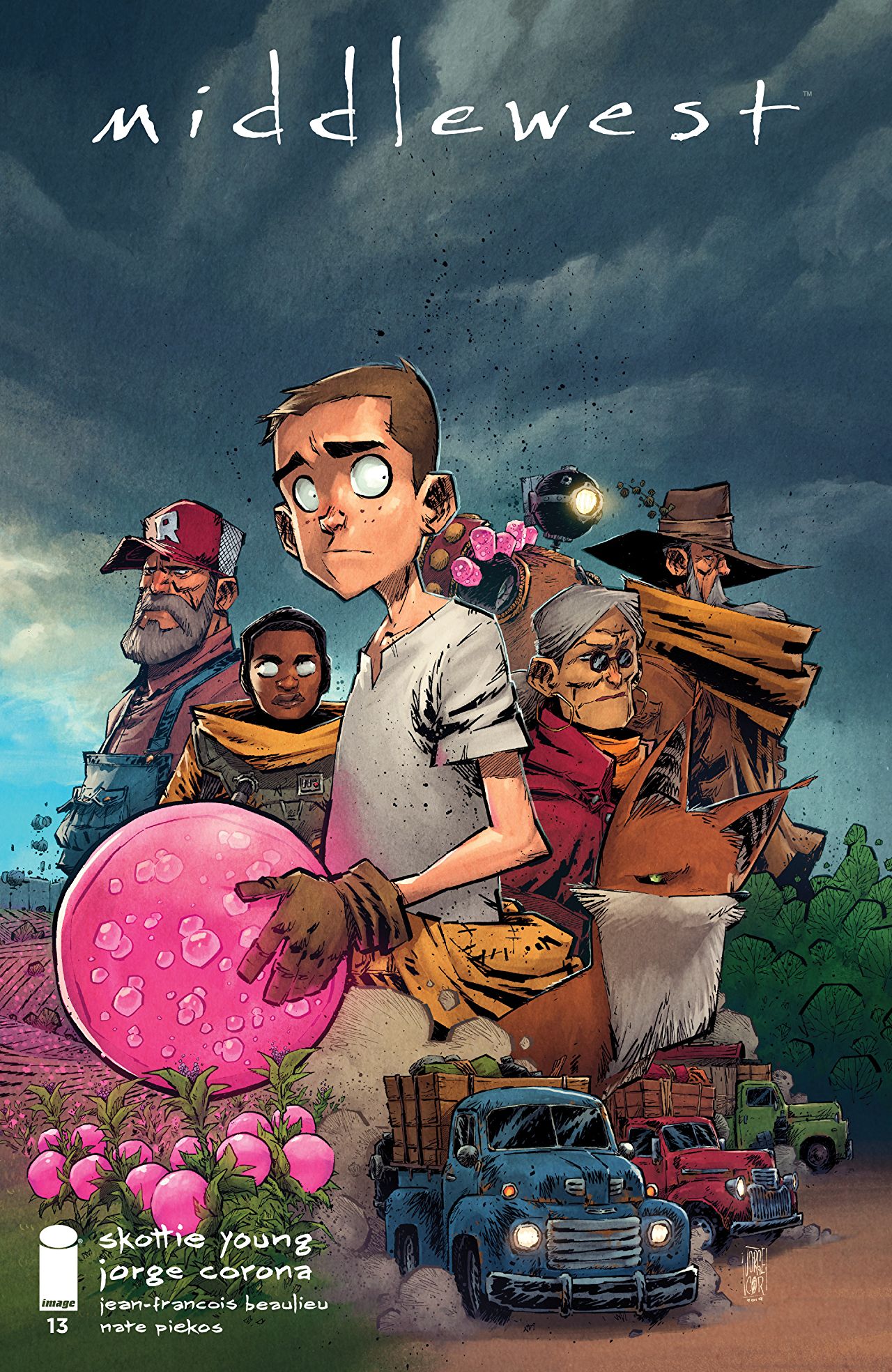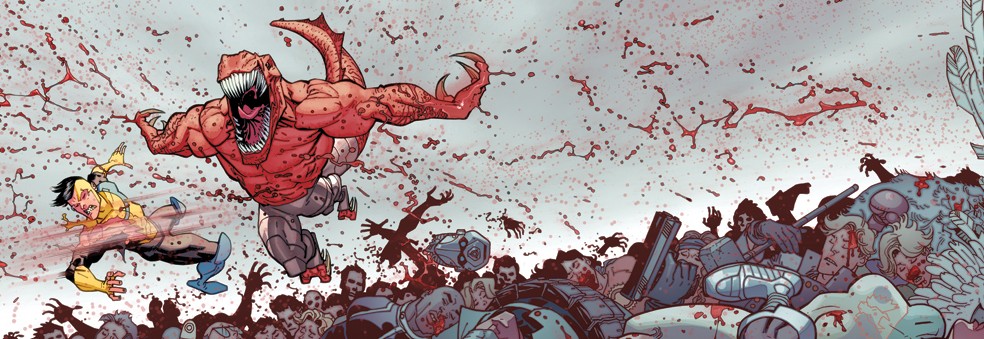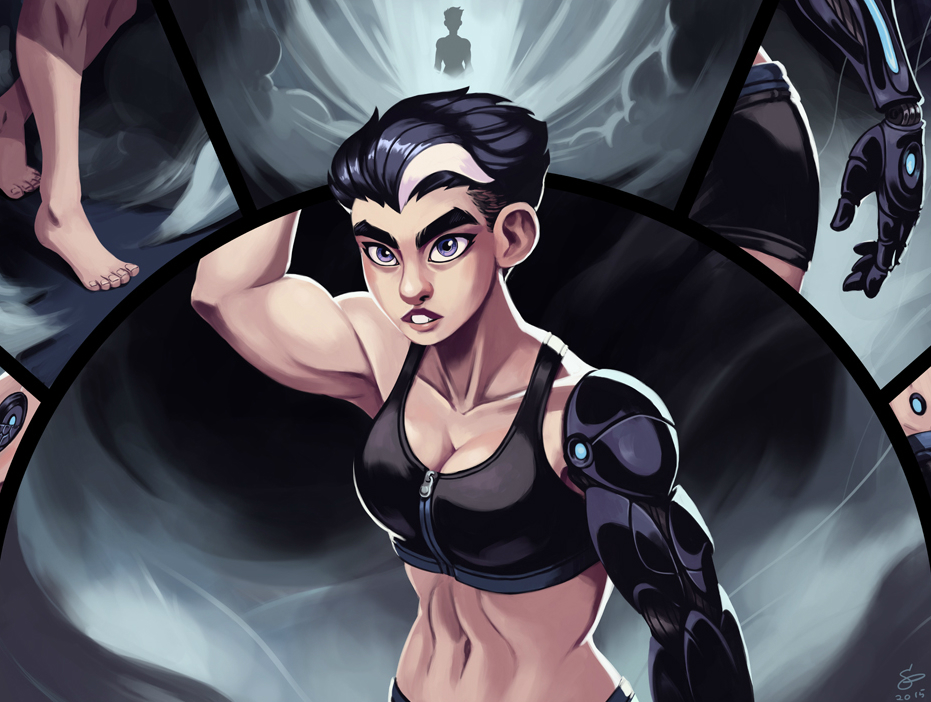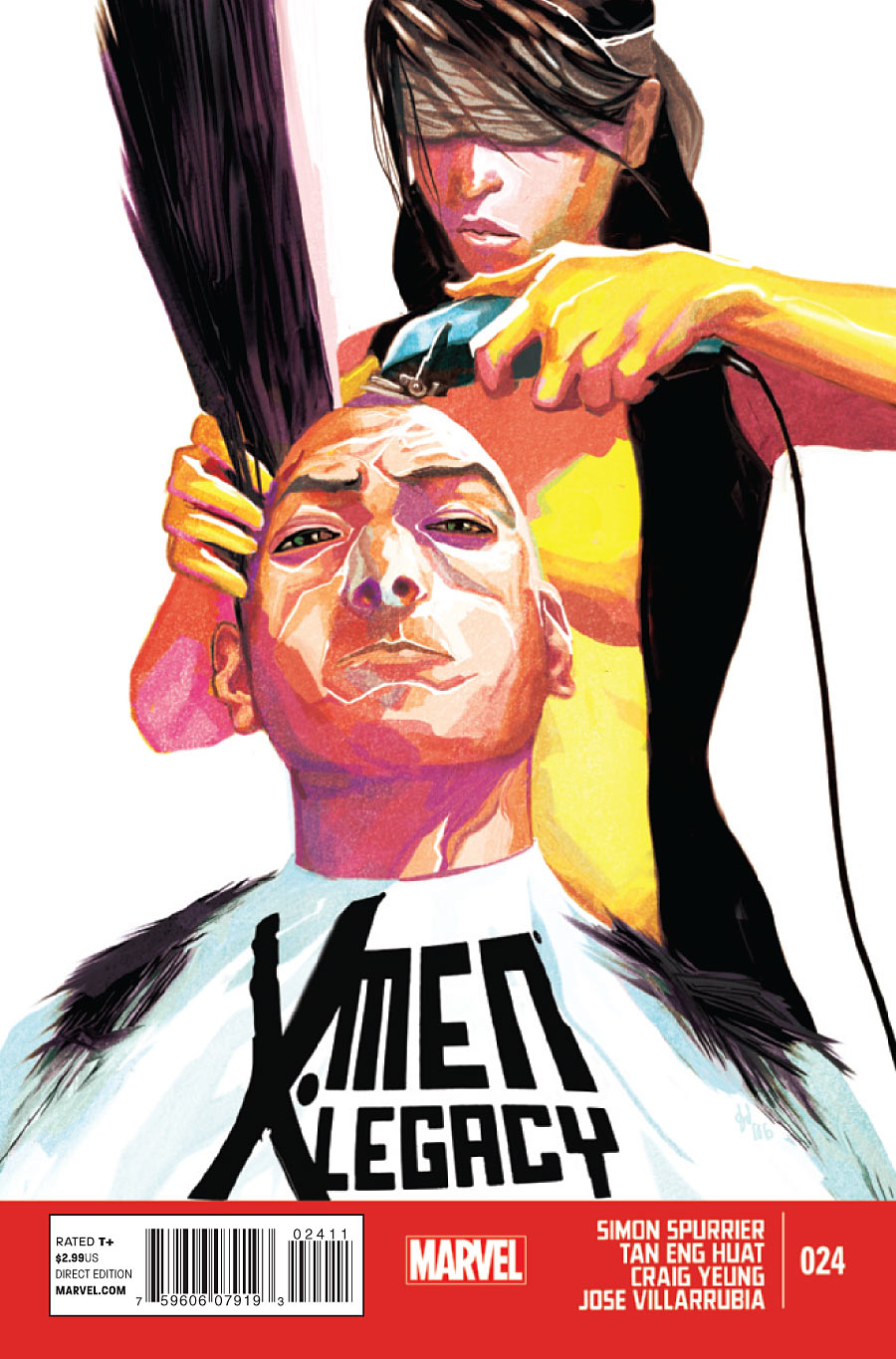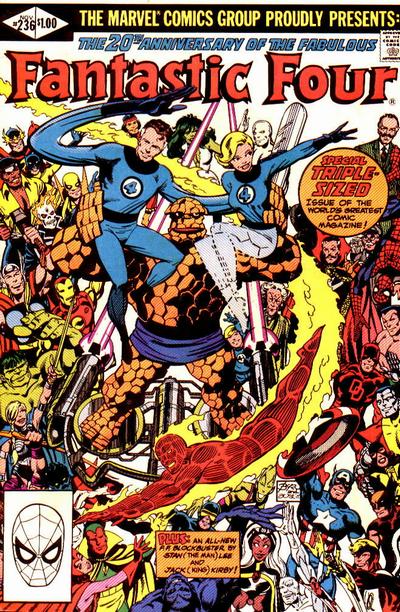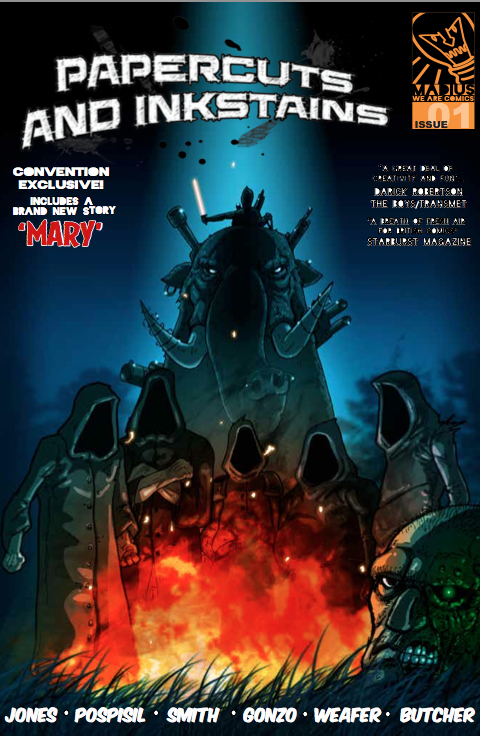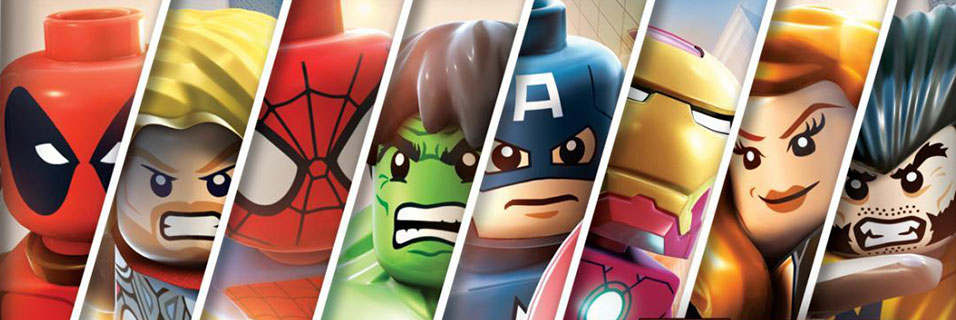Skottie Young writer
Jorge Corona, art
Jean-Francois Beaulieu, colors
Nate Peikos of Blambot, letters
Recap
This issue picks up with Abel and Bobby captured and working on a farm gathering a flammable fuel called ethol from insect creatures called cinder grubs. The story utilizes flashbacks to remind the reader of Abel’s tough upbringing enduring a cruel father who made him work long hours delivering newspapers, rain or shine. The father states to Abel that he’s teaching him a lesson, “a little hard work never killed anybody.” This lesson comes back to light as Abel slaves away for a cruel leader named, Nicholas Raider.
The art in this book is amazing. It’s got this 1930’s depression-era feel. It’s whimsical, cartoonish, with vibrant colors that brings the setting alive. There are numerous highlights, but my favorite panels are the ones that show vehicles rolling through the Middlewest plains. One panel shows an angry cloud with bright eyes and mouth and a claw for a hand in the background. The image reminds us of Abel’s position and his bigger problem: He’s holding a monster inside him that’s triggered by his anger.
Meanwhile, Maggie and Jeb and the other members of their group are working on a way to free Abel and Bobby. Maggie is a reminder of what an ally to a survivor looks like: She is willing to risk her own safety for the sole purpose of helping the survivor. She is not serving some form of economic obligation, growing her position of authority, nor is she fearful of the leader whose holding Abel. She just wants them to be safe. Her character is an example to people in abusive relationships, compassion is the driving force.
This book stirred my emotions. Watching Abel’s father, a lazy mean hypocrite of a male, take credit for teaching his son to work hard was hard to see. We’ve all had a self-serving boss, or maybe a thoughtless coworker who was willing to support your project but only for their own glory and benefit. This feels the same only worse because it’s a child, Abel, who suffers.
The leader of the ethol farm provide another form of cruel male leadership. Leaders are supposed to be supportive and self-sacrificial. The father and the leader of the ethol farm are examples of abusive, patriarchal leadership, which is lazy and deceptive. Deceptive because even the gestures that seem to provide wisdom or guidance are only in service of some need in the abusive leader. Like when the leader teaches the kids how to not burn to death when harvesting the cinder scrubs. The leader’s concern is a loss of ethol not the safety of the child-workers.
I loved this book because of the light it shines on authoritarian and abusive parenting and leadership, which seems to run rampant in this country. Overall = 9.5/10

